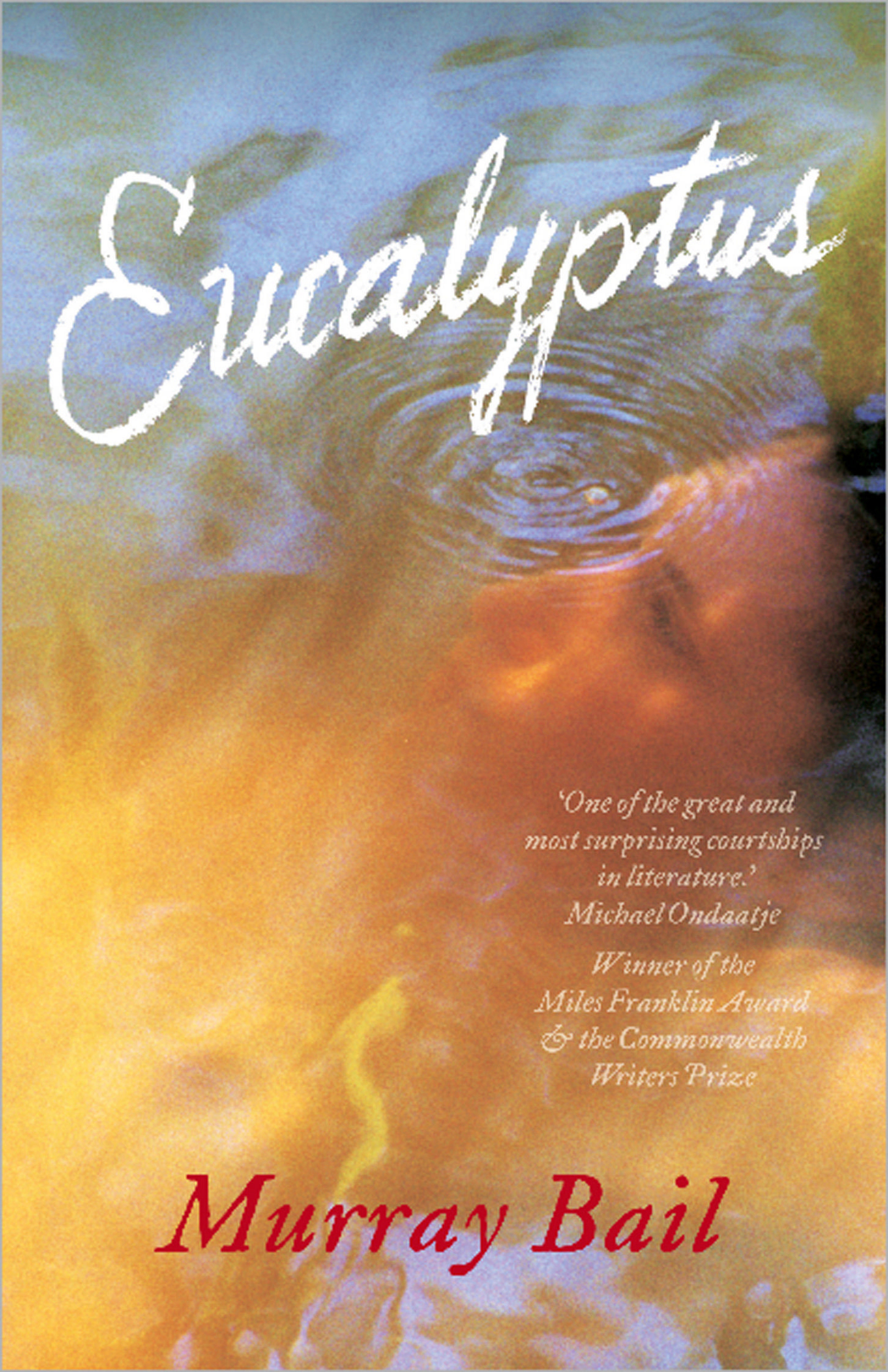I have been catching up with films
in the last few days and it has been a serious catchup as I have seen five
films in less than a week and there is one more ahead of me. This is Sydney
Festival event and my local cinema is one of the movie theaters that takes part.
The films that are shown have not yet been shown to general public and some of
them are not intended to be screened more than at this particular occasion.
Looks that I have chosen rather popular films that will be possible to see in
cinemas later. Maybe except the two Polish films – Mug that got Silver Bear
Grand Jury Prize in Berlin 2018 and Cold War that was awarded the best film
director in Cannes 2018 for Paul Pawlikowski. I will write about the films at
some stage.
Yesterday I saw The Wife with Glen
Close as the main attraction of the film. I am little less enthusiastic than
the critics and the reviews of The Guardian and Rotten Tomatoes. Maybe because I do
not particularly like Glen Close. She seems superficial and affectatious to me.
I must admit that how she appears in her interviews should not reflect on her
art as an actress. But it seems to influence my judgement.
What is perhaps more to the point is
how did I like her performance in this particular film. And yes, it was a
remarkable performance, subtle, moving and I give it the highest marks and my
admiration. I still left the theatre somewhat disappointed. Maybe even
confused? The film seems to portray The Wife as a sort of a victim and her
husband, brilliantly played by Jonathan Pryce as the person who wronged her. I
do not see the story this way at all, even with my feministic leaning. I buy
the meaning of the outburst of the husband when he tells how it was for him. Here comes the spoiler : The story is
about two people who want to be writers, he is a professor who teaches how to
write and she is a talented writer who is learning. However she does not have a
chance to be noticed in the male dominated field and her writing, however
brilliant it might be, does not stand a chance to be published. This is what
she is told by a more experienced woman and she believes it. She gives up on
writing but supports her lover, the professor, in his writing efforts.
Eventually, editing his book she re-writes
it with a minor contribution of the original author. The book is a hit and as it
is published under his name, the glory is his.
However, being very much in love, they are both happy with the
situation. This is the beginning of their future life together and it is based on the
wife being the ghost writer for her husband. She writes the books under his
name and he plays the role of the famous, very talented writer. It goes on for
years, until the time when the man gets the Nobel Prize for the work of his wife
who is smiling shyly, happy but always in his shadow. At this point of time she
can not continue with the mystification, but her plans are not verbalized so we
never really find our what she would consider to be a satisfactory solution from her point of view.
To me, they came to an agreement that
was serving both of them and in my opinion, she got a better part of the deal.
Her part was not to be famous, but she got her work published and she knew the
impact her writing had on the readers. He played a humiliating role of a
pretender compensating his paper tiger situation by romances that gave him some
feeling of self-worth and power. She tolerated it up to a point but at the end
it was all too much for her to accept and live with. I am on his side, not her.
This is the reason for my confusion. Have I missed some psychological truth and
got the whole story wrong? I do not think so. Maybe I misunderstood the
critics? This is possible.
One can take the whole story as a meta
model of lives of capable women who are in a relationship and in love with less
talented men. In olden days, women did not have rights to vote and in fact rights
to live the life they would choose for themselves. In those times being the
brain behind a man and directing his actions was not challenged or even noticed.
As I am reading the new version of Macbeth, Lady Macbeth comes to mind as one
of negative influences a woman can have on a man. Those times are gone and
women have rights to work and to their own successes. There is a price for that
though. While many men tolerate such situations to a point, often happens that
he needs to re-establish his superior position. This typically can be done only
with another partner. The relationship breaks up. Perhaps it was doomed form
the start, but we often live with and in illusions for years.
The question is why men need to feel
superior to women? Conditioning? Whatever the reason is, this is the situation
in many cases.
Back to the film - my rating 8 out of 10.
The story is a bit far fetched for me even if
played very convincingly.
